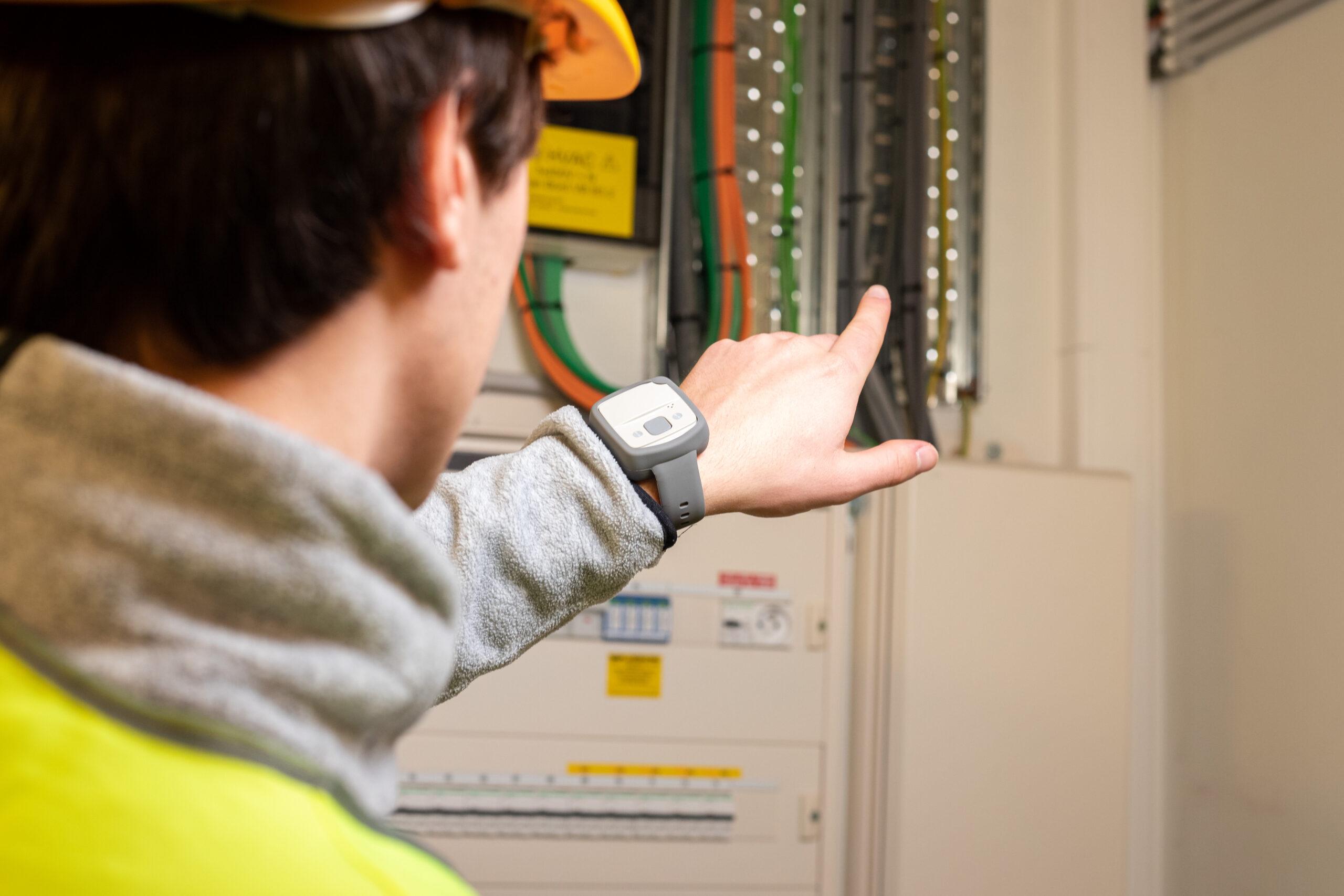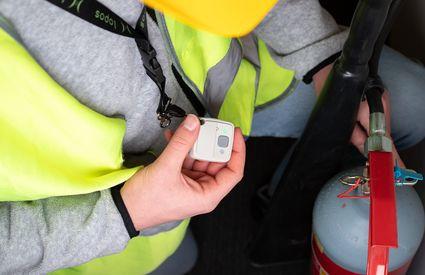About Lopos
Keeping people safe with technology
Lopos has a clear goal: to unlock the potential of ultra-wideband (UWB) for location- and distance-based applications.
Lopos has a clear goal: to unlock the potential of ultra-wideband (UWB) for location- and distance-based applications.
Researching ultra-wideband technology
Jen, Eli, Bart and Jan were all conducting research into ultra-wideband technology at IDLab – the joint research centre of imec, Ghent University and the University of Antwerp – when they realized the business potential of this technology. The four of them therefore took part in Ghent University’s Expedition Do! in 2019 to turn their idea into reality. Lopos saw the light of day and quickly became one of the winners in the 2019 edition of the competition.
Preventing the coronavirus from spreading
Later that year, the budding start-up was accepted in imec’s business acceleration programme – imec.istart – where Peter Van Roosbroeck joined the team. While exploring different avenues to position and apply the technology, the coronavirus outbreak hit the world hard. As an agile start-up, Lopos was able to reroute its efforts and resources into developing a solution that could help prevent the disease from spreading. SafeDistance, now LoposAlert, was created to easily uphold social distance guidelines in just six short weeks. The wearable uses ultra-wideband technology to measure the distance between people and send sound, vibration or light warning signals when they get too close together.


Now: collision warning
The forklift market is on the rise. Unfortunately, that means there’s also year-over-year growth in accidents – whether it’s between pedestrians and forklifts or between vehicles. To help people feel safe again and prevent collisions from happening, we decided to develop our collision warning system.
The future: possibilities for ultra-wideband
With real-time location services (RTLS) such as asset management, access control, zone control, route optimisation, evacuation management and speed control, there are still plenty of possibilities for ultra-wideband to make a significant impact and provide many benefits to companies around the globe.
These partners are helping us to realize our products and services.

Imec is a world-leading research and innovation hub in nanoelectronics and digital technologies. The combination of its widely acclaimed leadership in microchip technology and profound software and ICT expertise is what makes this research centre unique. It leverages its world-class infrastructure and local and global ecosystem of partners across a multitude of industries to create groundbreaking innovation in application domains such as healthcare, smart cities and mobility, logistics and manufacturing, energy and education.
Trusted partner for companies, start-ups and universities
As a trusted partner for companies, start-ups and universities, it brings together more than 4,000 brilliant minds from over 97 nationalities. Imec is headquartered in Leuven, Belgium and has distributed R&D groups at a number of universities in Flanders, the Netherlands, Taiwan and the US, and offices in China, India and Japan. In 2018, imec’s revenue (P&L) totalled €583 million.

Ghent University is one of the major universities in the Dutch-speaking region of Europe. It distinguishes itself as a socially committed and pluralistic university in a broad international perspective. Eighty-six departments spread across 11 faculties offer high-quality courses in every one of their scientific disciplines.
Industrial R&D network
Ghent University is strategically investing in multidisciplinary clusters to expand its industrial R&D network. Key technology transfer activities include industrial collaboration programmes, IP licensing and spin-off creation. Over the past ten years, this joint effort has resulted in 439 granted patents, the establishment of 68 spin-off companies and an intensive collaboration with companies.